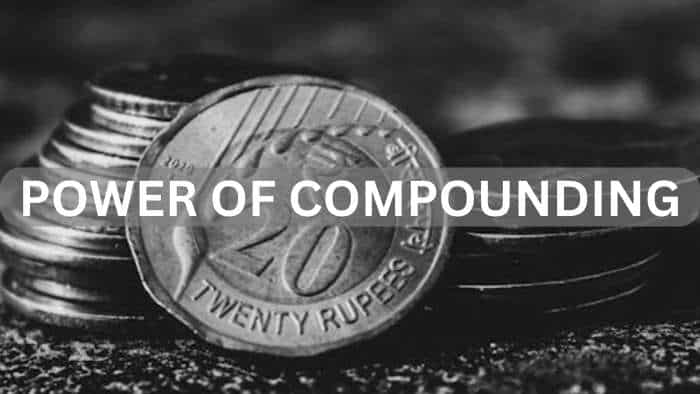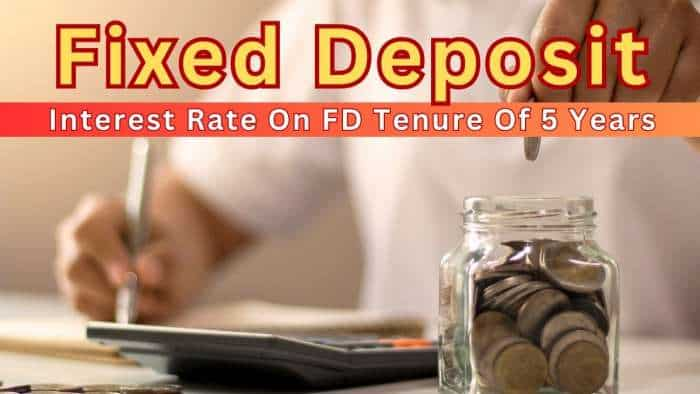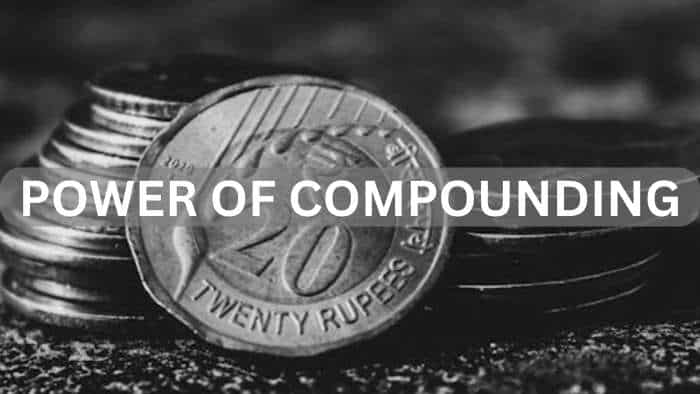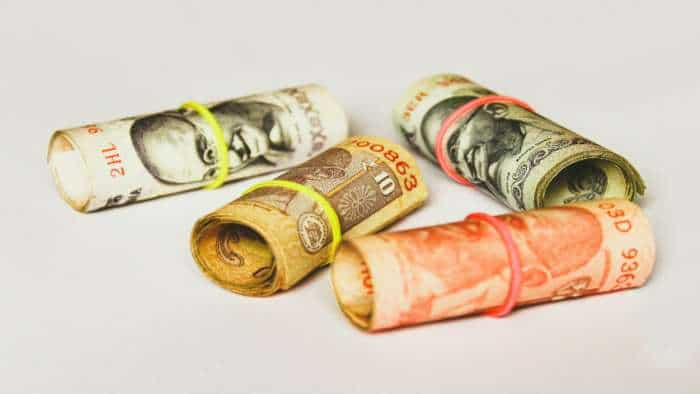India's luxury car market accounts for less than 2% of overall passenger vehicle sales: What Audi thinks?
Elaborating further, Audi India head Balbir Singh Dhillon said: "I believe it (luxury car segment sales) remain kind of suppressed because of taxes, duties on duties and registration cost."

The Indian luxury car market has huge growth potential but remains suppressed due to high taxation on luxury cars and unfavourable regulatory environment, as per a senior executive of German luxury carmaker Audi.
Luxury car volumes account for less than 2 per cent of the overall passenger vehicle sales annually and the sector has been more or less at the same level for the past decade.
"Audi believes in India... It has, however, not fulfilled all the expectations we had from it... It is part of the BRIC countries, and it was supposed to be second China and we still think it will come to that point someday.
"But it will take a little longer than what was envisaged 20 years ago," Audi Director Region Overseas Alexander von Waldenburg-Dresel told PTI in an interaction.
He noted that the luxury car segment remained "under-represented" despite so many millionaires residing in the country.
Waldenburg-Dresel, who is based out of the company's headquarters in Germany, said that the country is even lagging behind various Asian countries in terms of growth in luxury car sales.
"I have been dealing with the Indian market for five years now. I have seen many forecasts and then what came out in reality," he stated.
Waldenburg-Dresel said it was the frequent changes in policies and high taxation on luxury cars which was hampering the growth of the segment.
"Looking from the outside, I have to admit that it is policies, which make life a bit difficult for us... The duties are high when compared to other countries," he said.
Luxury vehicles currently attract the top GST slab of 28 per cent with an additional cess of 20 per cent on sedans and 22 per cent on SUVs, taking the total tax incidence to up to 50 per cent.
Elaborating further, Audi India head Balbir Singh Dhillon said: "I believe it (luxury car segment sales) remain kind of suppressed because of taxes, duties on duties and registration cost."
Various states have different kinds of registration costs so those kinds of complexities exist which keep on changing from time to time, he added.
He noted that high vehicle costs demotivate customers from upgrading to the luxury segment.
The luxury car segment had breached the 40,000 unit sales mark a couple of years back and remains at the same level currently.
Dhillion, however, maintained that despite various challenges the segment had huge potential for growth in the days to come.
"With the kind of road infrastructure being built, the motorisation is only going to grow... And the younger generation is not afraid of spending so all this helps in boosting the luxury segment," he noted.
Dhilion said the company is looking for a long-term stable regulatory environment as frequent changes hamper the planning process.
He noted that on its part, the company is bringing the latest products available globally to customers in India. The company has already introduced two new products -- including the A8 L luxury sedan, in the country this year.
Get Latest Business News, Stock Market Updates and Videos; Check your tax outgo through Income Tax Calculator and save money through our Personal Finance coverage. Check Business Breaking News Live on Zee Business Twitter and Facebook. Subscribe on YouTube.
RECOMMENDED STORIES

SIP Calculation at 12% Annualised Return: Rs 10,000 monthly SIP for 20 years, Rs 15,000 for 15 or Rs 20,000 for 10, which do you think works best?

FD Rates for Rs 10 lakh investment: Compare SBI, PNB, HDFC, ICICI, and Post Office 5-year fixed deposit returns

LIC Saral Pension Plan: How much should you invest one time to get Rs 64,000 annual pension for life?
01:31 PM IST









 Luxury car makers voice disappointment over GST Council's increase in cess
Luxury car makers voice disappointment over GST Council's increase in cess